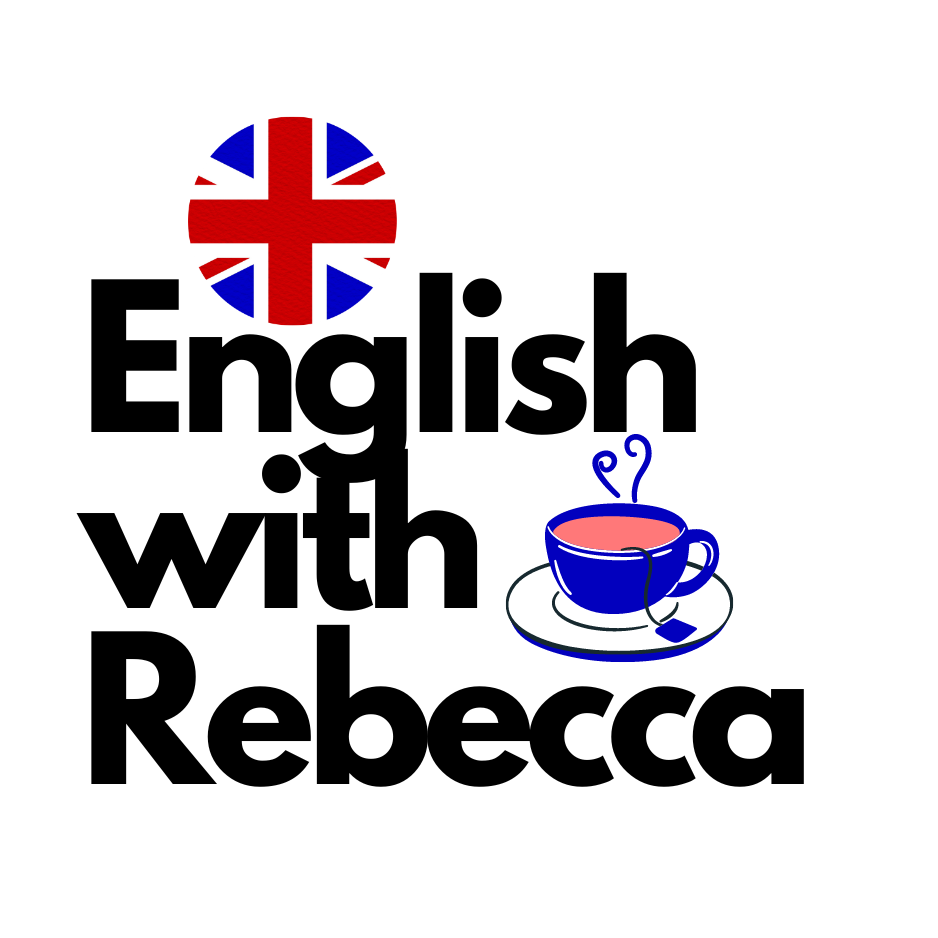When you first started learning English, one of the earliest exchanges you probably mastered was:
“Thank you!” 🙏
“You’re welcome!” 😊
It’s classic, it’s polite, and yes — it’s still used. But here’s the twist: in everyday British English, “you’re welcome” isn’t actually the most common reply. If you want to sound more natural and truly like a native, there are plenty of other expressions you can use instead. 🎯
Why Not Just Say “You’re Welcome”? 🤔
Why Not Just Say “You’re Welcome”? 🤔
First off, let’s clear something up: saying “you’re welcome” is perfectly correct, polite, and absolutely fine in the UK. But, more often than not, you’ll hear Brits use other replies — sometimes because they sound more relaxed, sometimes because they’re warmer or more modest.
Ready to upgrade your English? Here are 10 common alternatives to “you’re welcome” that you can start using right away. 🚀
1. No problem! 🙅♂️
1. No problem! 🙅♂️
This is a very common, casual reply. It tells the person that helping wasn’t an inconvenience at all.
Example:
“Thanks for helping me move house.”
“No problem!”
Use this in everyday chats with friends or colleagues.
2. No worries! 😌
Even more laid-back and very British — it means “don’t stress about it” or “it’s all fine”.
Example:
“Thanks for picking that up for me.”
“No worries!”
Perfect for friendly, informal situations with mates.
3. My pleasure. 😊☕️
3. My pleasure. 😊☕️
This is a bit more polite and formal but still warm and genuine.
Example:
“Thank you for your help with the presentation.”
“My pleasure.”
It shows that you were genuinely happy to help — as smooth and courteous as afternoon tea with the Queen.
4. Not at all. 🙇♀️
4. Not at all. 🙇♀️
This expression emphasises that the favour was no trouble whatsoever.
Example:
“Thanks for letting me borrow your umbrella.”
“Not at all.”
It’s like a polite nod or holding the door open — very understated and humble.
5. Don’t mention it! 🤫
5. Don’t mention it! 🤫
Another polite and humble way to respond.
Example:
“Thanks for walking me home.”
“Don’t mention it!”
It suggests that it really wasn’t worth making a fuss over — because fussing isn’t the British way.
6. I’m happy to help. 🤝
6. I’m happy to help. 🤝
Ideal when you want to sound professional but friendly.
Example:
“Thanks for fixing the computer.”
“I’m happy to help.”
Sounds like something a helpful call centre agent would say — warm and sincere.
7. Sure. 👍
7. Sure. 👍
Quick and informal — great for simple, everyday exchanges.
Example:
“Thanks for letting me borrow your pen.”
“Sure!”
Short, sweet, and easy.
8. No bother. 🙌
8. No bother. 🙌
A casual way to say the task wasn’t troublesome at all.
Example:
“Thanks for making that call.”
“No bother.”
Common in Scottish and Northern English speech.
9. It was nothing. 🙈
9. It was nothing. 🙈
Classic British understatement — modest and polite.
Example:
“Thanks for sorting that out.”
“It was nothing.”
This one is all about downplaying the effort — very typical British modesty.
10. Of course. ✔️
10. Of course. ✔️
Simple, reassuring, and sincere.
Example:
“Thanks for the recommendation.”
“Of course!”
It suggests that helping was the natural thing to do — no thanks necessary.
So there you have it! Ten fantastic ways to respond to “thank you” instead of the usual “you’re welcome”. Try these out, and you’ll sound more natural, more British — and maybe even a little more charming. 😉
📚 Join The Basics of English Course! 🚀


